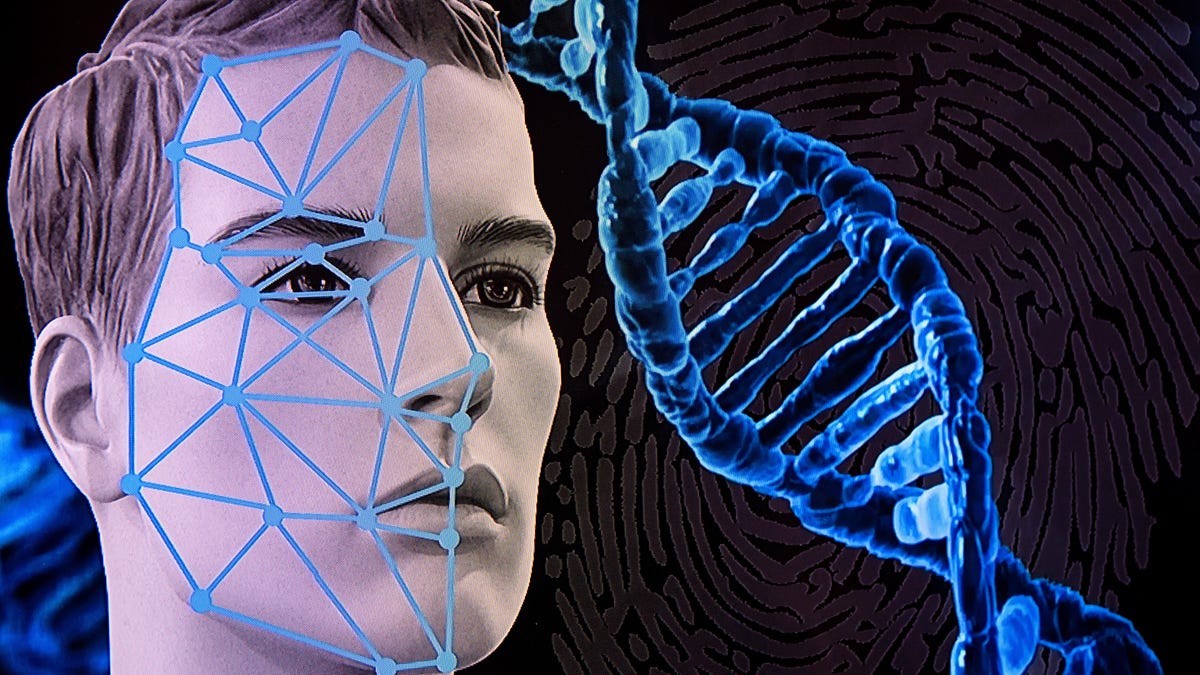Clearview AI facial recognition company faces another lawsuit
The technology is "Orwellian," a new lawsuit alleges.

Clearview AI is "Orwellian," a new lawsuit alleges.
Clearview AI, a controversial facial recognition app being used by US law enforcement to identify suspects and other people, is facing another lawsuit. The new suit, filed Thursday, seeks class-action status and $5 million in damages for what it calls willful, reckless or negligent violations of biometrics laws in Illinois by Clearview and CDW.
It's fighting Clearview's collection, storage and use of biometric information without written consent, which is illegal, according to the lawsuit, which was spotted earlier Thursday by BuzzFeed.
The app identifies people by comparing photos to a database of images scraped from social media and other sites. It came under fire after a New York Times investigation into the software company last month, with Clearview AI being called a "chilling" privacy risk by Democratic Sen. Edward Markey in late January. Google, YouTube and Twitter have sent cease-and-desist letters to Clearview AI since.
"Clearview has amassed a database of more than 3 billion photographs that it scraped from sources including Instagram, Twitter, YouTube, Facebook, Venmo and millions of other websites," the lawsuit says. "Users can take a picture of a stranger on the street, upload it to Clearview's tool and instantly see photos of that person on various social media platforms and websites, along with the person's name, address and other identifying information."
The lawsuit also takes aim at CDW, which it alleges has licensed the Clearview app to law enforcement agencies including the Chicago Police Department. That department paid almost $50,000 on Jan. 1, 2020, for a two-year contract to use the facial recognition software, the lawsuit alleges, following a free trial of Clearview.
"The CPD was so impressed with the results that it gave approximately 30 CPIC officials full access to Clearview's technology, effectively unleashing this vast, Orwellian surveillance tool on the citizens of Illinois," the lawsuit alleges.
The lawsuit was filed in the US District Court in the Southern District of New York -- because the company is headquartered there -- by two Illinois citizens on behalf of others affected. The two plaintiffs are seeking injunctions to stop Clearview from doing this, as well as $5,000 in damages for each willful or reckless violation of the law, and $1,000 for for each negligent violation.
It follows another lawsuit filed in January in Illinois, which called the app an "insidious encroachment" on civil liberties. It alleged Clearview AI "acted out of pure greed."
"Without obtaining any consent and without notice, defendant Clearview used the internet to covertly gather information on millions of American citizens, collecting approximately three billion pictures of them, without any reason to suspect any of them of having done anything wrong, ever," the Illinois complaint, filed Jan. 24, alleges.
Clearview AI didn't immediately respond to a request for comment.
Originally published Feb. 13, 4:10 p.m. PT.
Update, 5:02 p.m.: Adds more info on previous lawsuit.

